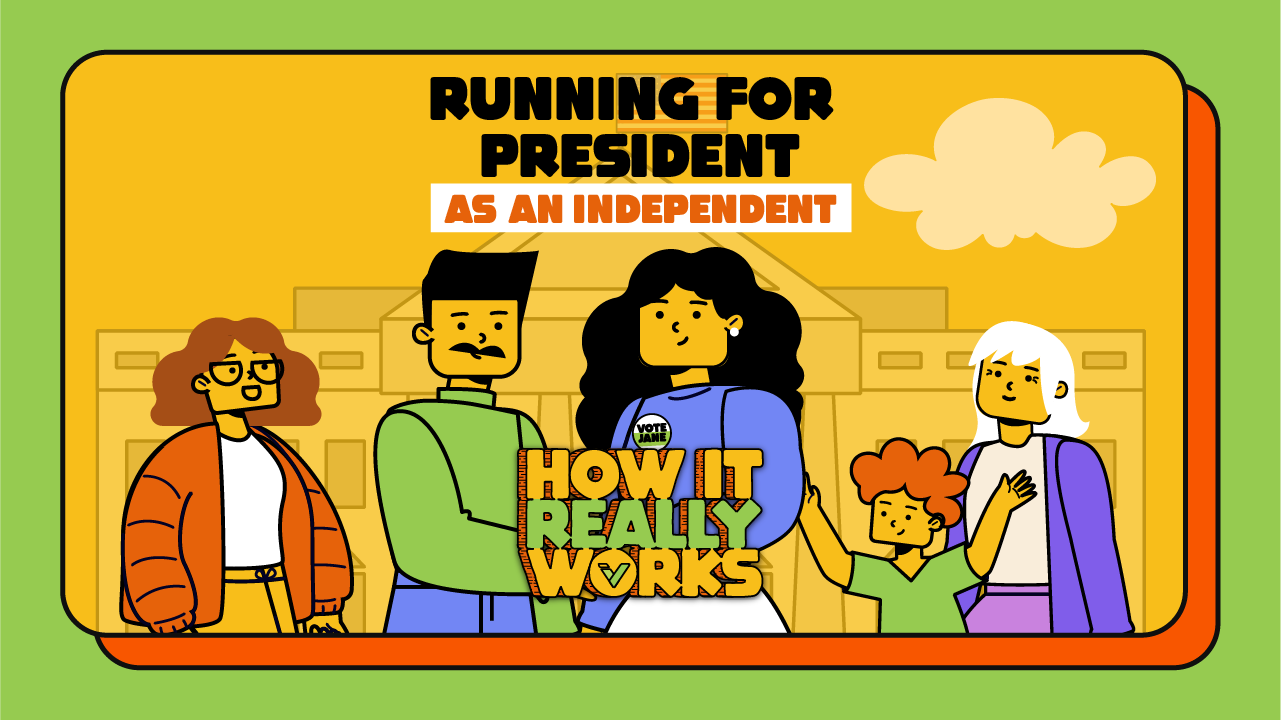Boston City Council Backs Ranked Choice Voting Home Rule Petition in 8–4 Vote

BOSTON, MASS. — On May 14, the Boston City Council voted 8–4 in favor of a Home Rule Petition allowing voters to rank candidates in order of preference, a shift that could change how Bostonians elect their leaders.
If ultimately approved by state lawmakers and voters, the measure would implement ranked choice voting (RCV) in municipal elections. Under the proposal, voters could rank up to four candidates, including write-ins, for each race.

In single-winner contests like the mayoral election, if no candidate receives more than 50% of first-choice votes, the lowest-ranked candidates are eliminated in successive rounds and their votes redistributed until one candidate earns a majority.
“This method ensures that the winning candidates have broad support and reflects a more representative electoral outcome,” Councilor Gabriela Coletta Zapata (East Boston, Charlestown, North End) explained in her Committee Chair Report on the proposal.
The measure now heads to Boston Mayor Michelle Wu. If she signs it, it would then require approval from the state legislature and the governor to appear as a local ballot question.
According to the docket:
“Implementation of RCV in the City of Boston would not take effect unless approved by a majority of voters at a future election via a ballot question that would ask voters whether they accept the act titled 'An Act to Implement Ranked Choice Voting for the City of Boston.’ If the question passes, the law would take effect immediately but apply only to municipal elections occurring at least 365 days after the date of voter approval.”
Zapata, who chaired the hearings on the proposal, said voters could see the change as early as 2028 or 2029.
Supporters of the measure emphasized increased voter choice and representation. “It’s an exciting day for democracy,” said Council President Ruthzee Louijeune, who introduced the measure.
“Ranked choice voting is how we make sure that whoever’s elected is supported by the majority of the electorate,” Louijeune said in an interview with GBH News. She noted that under the current plurality system, a crowded field of candidates can result in no single candidate garnering more than 50% of the vote.
“Sometimes, you get people winning and they only get 30% of the vote, but that’s not who the majority of the electorate wanted,” she said.
Councilor Julia Mejia, an at-large member who immigrated to the US and whose first language is not English, pushed back on criticism that RCV is too complicated. “Immigrants are not dolts—they can learn a new voting system,” she said, emphasizing that RCV could open the door to candidates without deep financial backing.
Louijeune noted that Boston Election Commissioner Eneida Tavares testified that the city’s existing voting machines and systems can handle RCV, countering one councilor’s assertion.
Councilors Louijeune, Coletta Zapata, Mejia, Liz Breadon, Enrique Pepén, Brian Worrell, Ben Weber, and Sharon Santana supported the final vote on Docket #0144, Petition for a Special Law Re: Ranked Choice Voting in Boston. Councilors Ed Flynn, Sharon Durkan, Erin Murphy, and John FitzGerald opposed it.
“I think it’s always the right time to be working on democratic reform and how we improve our democracy,” Louijeune said when asked “why now” for ranked choice by GBH News.
Docket #0144 was originally filed as Docket #0996 in 2024. The Committee held a hearing on October 10, 2024, at which time the Committee heard from the City’s Election Department, RCV experts and advocates, and members of the public.
The Committee held working sessions on February 25, 2025, and April 4, 2025. Working session panelists included Eneida Tavares, Election Commissioner for the City of Boston, Sabino Piemonte, Head Assistant Registrar of Voters for the City of Boston, Ed Shoemaker, Executive Director of Ranked Choice Voting Boston, Cheryl Clyburn Crawford, Executive Director of MassVote, Rashan Hall, President and Chief Executive Office of Urban League of Eastern Massachusetts, and Greg Dennis, Policy Director for Voter Choice Massachusetts.
 Cara Brown McCormick
Cara Brown McCormick






